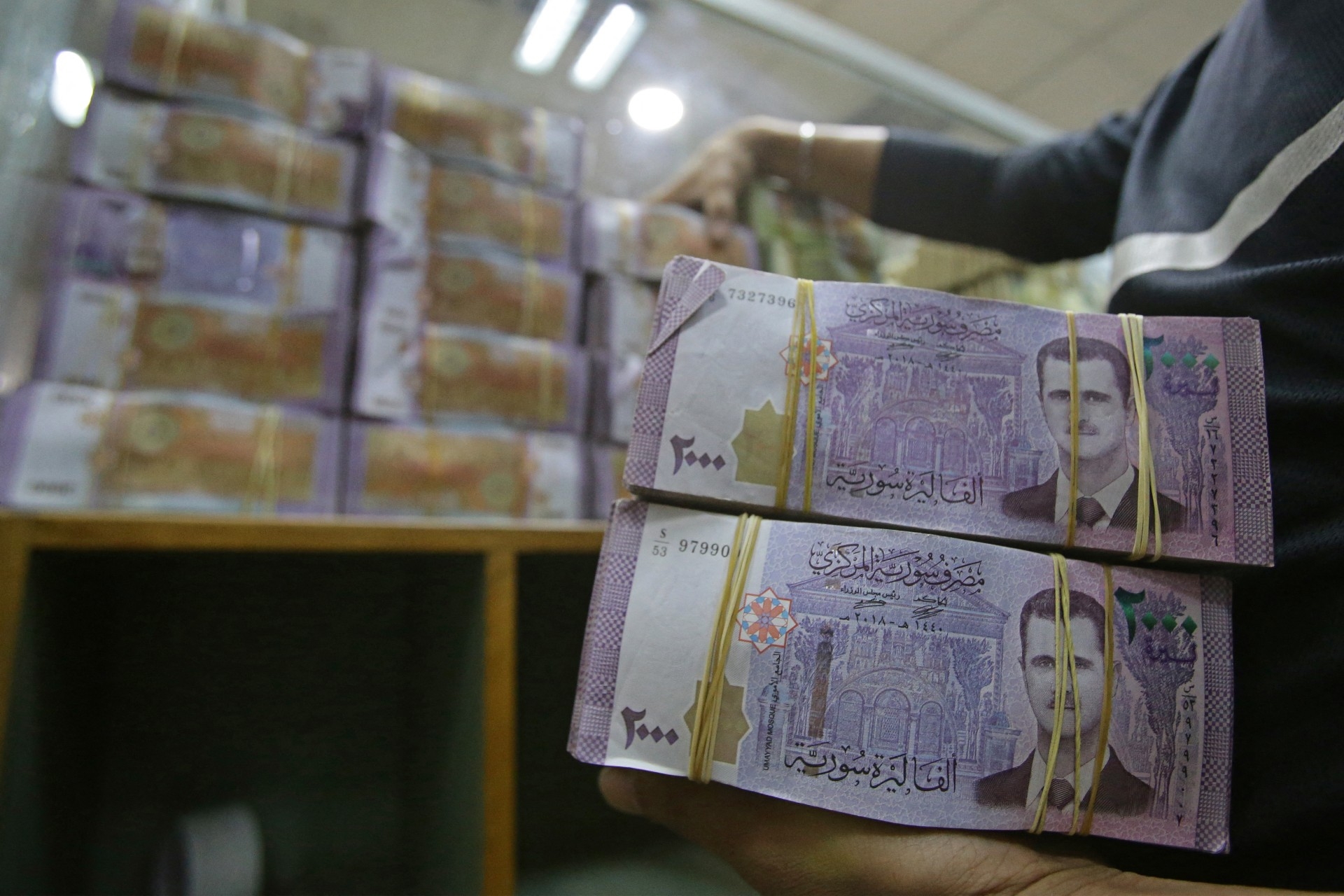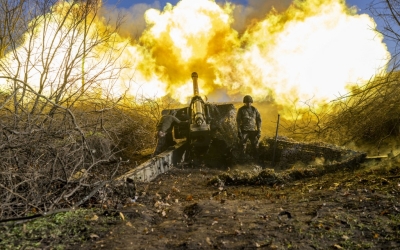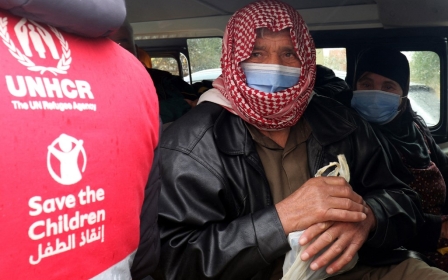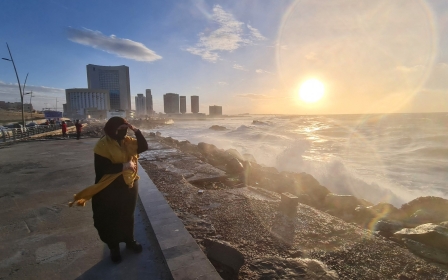Syria’s new budget is in and the big winner is Botox

A preliminary budget for 2023 has been passed by the Syrian government that includes a 24 percent rise in spending, as a long winter of uncertainty and economic struggle awaits.
Included in the financial plan was a reduction in allocations for flour and wheat subsidies - cuts that will have a severe impact on Syrians struggling in their country’s collapsed economy. Yet the choice to allow an easing of cosmetic surgery imports has created a hailstorm of social media ridicule and gossip in the war-torn country.
Permits to import cosmetic products have been in high demand, but the Ministry of Economy and Foreign Trade decision to waive restrictions has become the talk of the town, as necessities such as power, petrol and diesel remain hard to access.
Botox to benefit
One could be forgiven for thinking the subject of Botox would seldom be on the list of highest priorities for a country suffering sky-high inflation, a dire economic crisis and a catastrophic cholera outbreak, but not in Syria.
Cosmetic surgery products became the talk of Syrian media circles after a rare statement from the Economy Ministry announced a lifting of restrictions on the heavily in demand items.
This was reportedly in response to constant and incessant demands from the health sector and the physicians syndicate for cosmetic surgery imports such as Botox, which had previously been banned as they were deemed not a priority for citizens under the current circumstances.
One person on social media remarked: “Our current ministers, for example, look at least 10 years younger than their real age.” Many questioned the need for such a decision amid a difficult winter season ahead.
Journalist Karim Al-Shaibani wrote: "A question for the specialists in Botox: is this for the soul, or just for the body?"
'The wealthy elite of the Syrians do not target or support the general population, there is no longer a middle class'
- Rasha Sirop, economist
While the government responded by noting the substances had other necessary uses in surgical operations and some neurological diseases, many remain unconvinced. Cosmetic surgery will always be perceived as a luxury that Syria’s suffering poor cannot afford.
Yet perhaps this discrepancy should be expected. Rasha Sirop, a Syrian economist, notes that the economy is controlled by Syria’s elite.
“Syria was socialist until 2012, but after that, it is no longer specified what the economy is, whether it is capitalist or socialist,” she tells Middle East Eye.
“The identity of the economy in Syria is lost. For example, if we compare tax revenues as a percentage of GDP, we find that they are lower than the rates of developed countries and neighbouring countries, and this is one of the features of the socialist economy,” she adds.
“The wealthy elite of the Syrians do not target or support the general population, there is no longer a middle class.”
Reduction in subsidies
Syria’s 2022-23 budget is $6.5bn, an increase of 24 percent from the year before as the country seeks to tackle several pressing developmental and service concerns.
According to Prime Minister Hussein Arnous, the budget focuses mainly on implementing economically feasible projects that contribute to enhancing production, improving services, and directly reflecting positively on the national economy and economic and social development.
The government said “around a billion dollars of the total subsidy budget go to the hydrocarbon sector of diesel, gasoline, gas and electricity, and about $500m for bread”.
It added that subsidies would remain at $300m for rice and sugar, as well as funds to support agricultural production, mitigate the effects of drought and natural disasters, and irrigation.
There was no rise in salaries, as expected, and most government workers remain on 100,000 lira a month, roughly equating to just $20.
Meanwhile, spending has been drastically cut by more than 40 percent over the previous two years, with reductions to flour and wheat assistance that threatened a fundamental part of Syria’s subsidies support programme, which the majority of the country relies on as salaries and income levels are so low.
In 2020, Syria’s budget was reportedly $9bn, which shows the sheer decline seen in just two years, where the economy has shrunk by near half in comparison to spending power.
The value of the Syrian lira has plummeted too, as the country struggles with economic despair, sanctions and the damage that war has wrought on infrastructure and services.
Unusually, the latest government has got fierce public criticism. MP Wael Melhem bravely even called for the resignation of the government.
“The employee's salary is not enough for more than three days. As a result of the inability to find any solution to stop the deterioration in the citizen's income level and the inability to curb prices, every minister in the government should resign,” he said.
Middle East Eye propose une couverture et une analyse indépendantes et incomparables du Moyen-Orient, de l’Afrique du Nord et d’autres régions du monde. Pour en savoir plus sur la reprise de ce contenu et les frais qui s’appliquent, veuillez remplir ce formulaire [en anglais]. Pour en savoir plus sur MEE, cliquez ici [en anglais].





